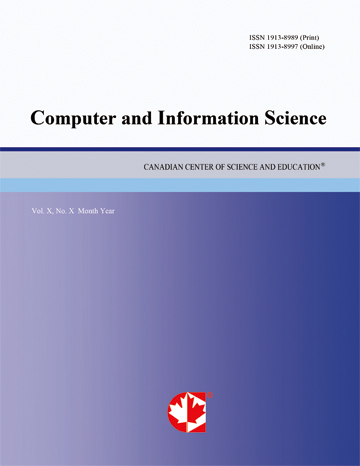Automation-Based User Input Sql Injection Detection and Prevention Framework
- Fredrick Ochieng Okello
- Dennis Kaburu
- Ndia G. John
Abstract
Autodect framework protects management information systems (MIS) and databases from user input SQL injection attacks. This framework overcomes intrusion or penetration into the system by automatically detecting and preventing attacks from the user input end. The attack intentions is also known since it is linked to a proxy database, which has a normal and abnormal code vector profiles that helps to gather information about the intent as well as knowing the areas of interest while conducting the attack. The information about the attack is forwarded to Autodect knowledge base(database), meaning that any successive attacks from the proxy database will be compared to the existing attack pattern logs in the knowledge base, in future this knowledge base-driven database will help organizations to analyze trends of attackers, profile them and deter them. The research evaluated the existing security frameworks used to prevent user input SQL injection; analysis was also done on the factors that lead to the detection of SQL injection. This knowledge-based framework is able to predict the end goal of any injected attack vector. (Known and unknown signatures). Experiments were conducted on true and simulation websites and open-source datasets to analyze the performance and a comparison drawn between the Autodect framework and other existing tools. The research showed that Autodect framework has an accuracy level of 0.98. The research found a gap that all existing tools and frameworks never came up with a standard datasets for sql injection, neither do we have a universally accepted standard data set.- Full Text:
 PDF
PDF
- DOI:10.5539/cis.v16n2p51
Journal Metrics
WJCI (2022): 0.636
Impact Factor 2022 (by WJCI): 0.419
h-index (January 2024): 43
i10-index (January 2024): 193
h5-index (January 2024): N/A
h5-median(January 2024): N/A
( The data was calculated based on Google Scholar Citations. Click Here to Learn More. )
Index
- BASE (Bielefeld Academic Search Engine)
- CNKI Scholar
- CrossRef
- DBLP (2008-2019)
- EuroPub Database
- Excellence in Research for Australia (ERA)
- Genamics JournalSeek
- GETIT@YALE (Yale University Library)
- Google Scholar
- Harvard Library
- Infotrieve
- Mendeley
- Open policy finder
- ResearchGate
- Scilit
- The Keepers Registry
- UCR Library
- WJCI Report
- WorldCat
Contact
- Chris LeeEditorial Assistant
- cis@ccsenet.org
